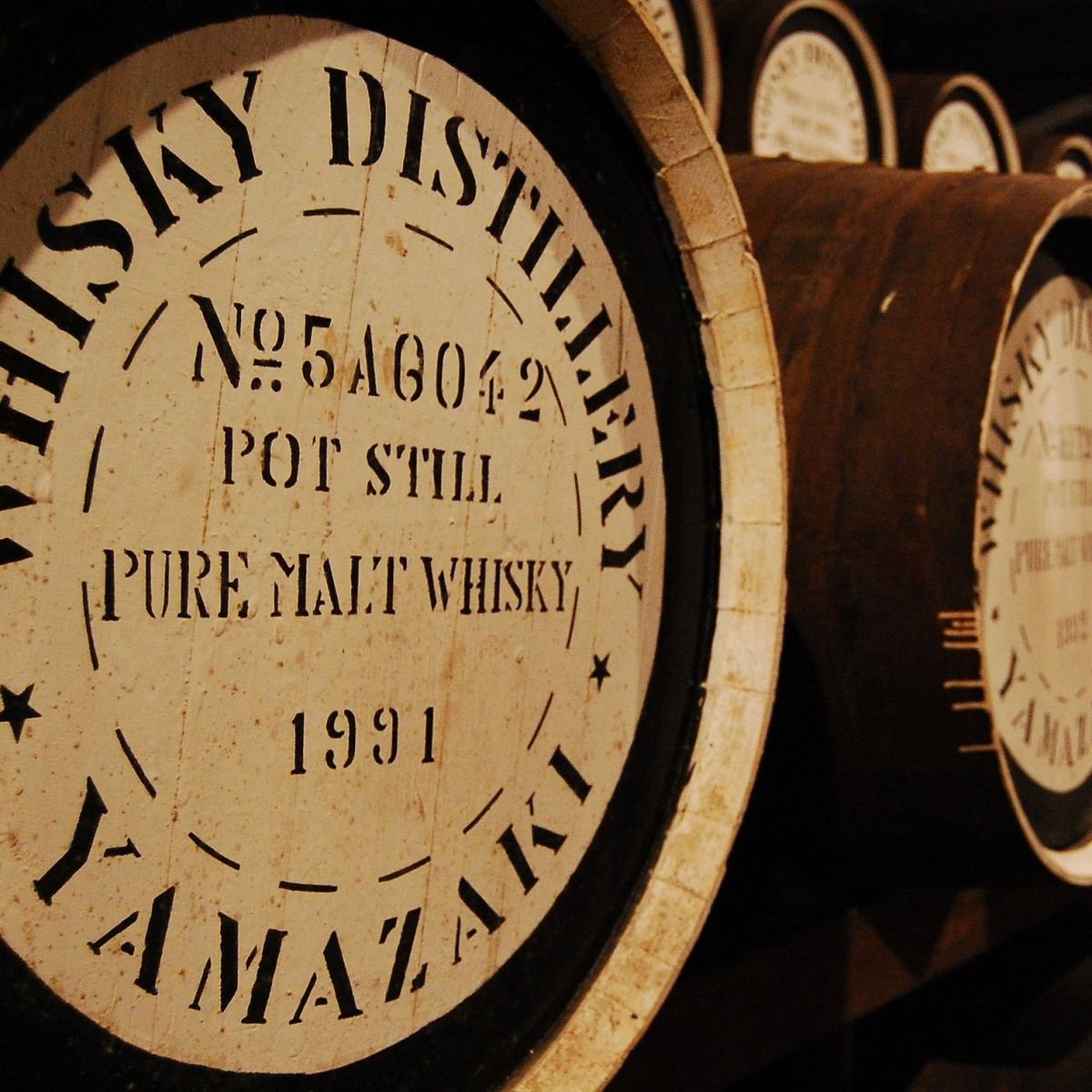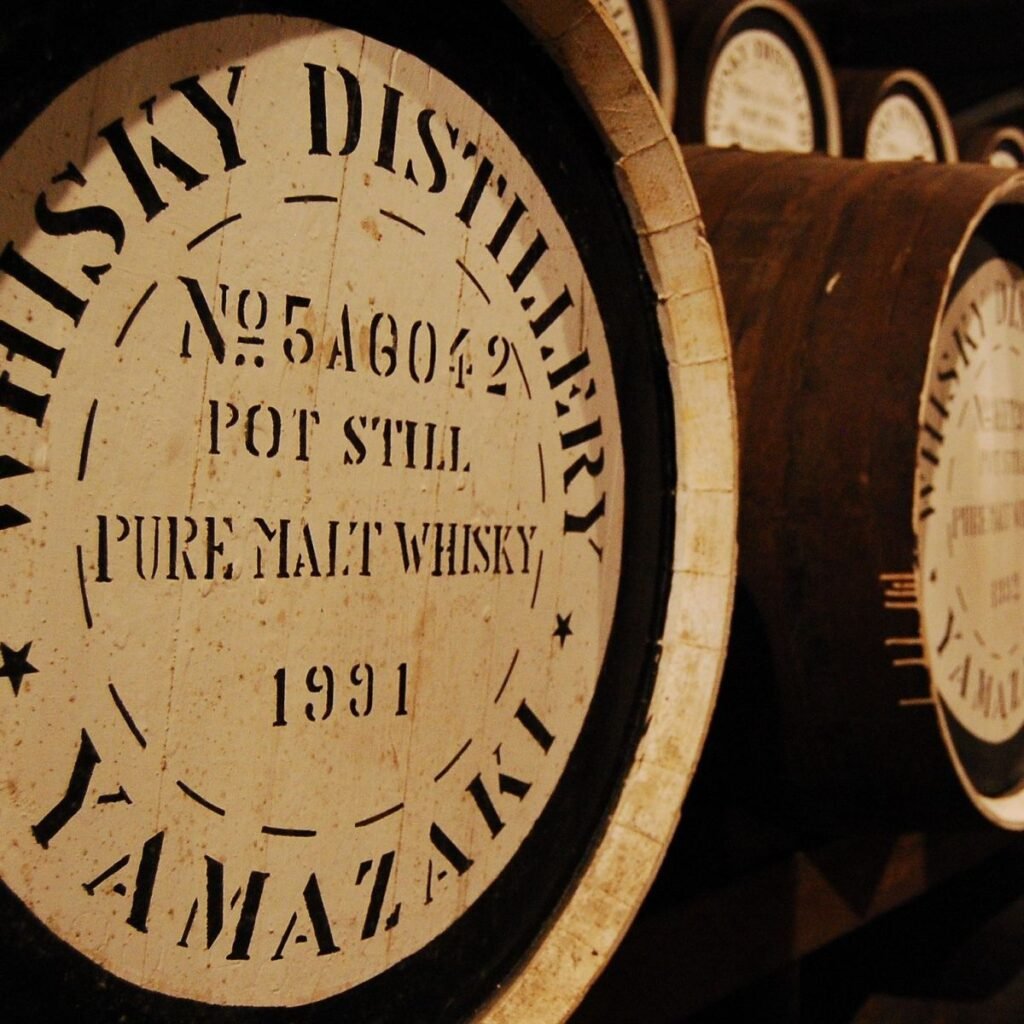
Not for the first time, we carry an article examining the heady delights – and possible downsides – of investing in fine whisky.
Outside the regular investment topics of equities, bonds,
real estate and increasingly routine “alternative” areas such as
private markets and hedge funds, this news service occasionally
likes to examine the area known sometimes as collectables – fine
wine, classic cars, art, jewellery, rare books and the like.
Besides being colourful and fascinating, these entities – so
advocates say – are useful ways for hedging against
inflation or economic turbulence. (Whether that is true over
certain periods is contested.)
One area that has come up in popularity is fine whisky. (See
articles
here,
here and
here.) Certain brands can sell for eye-watering sums,
and the whisky investment story is an established trend. To
write about this topic, and examine the pros and cons, is David
Smylie, group head of GSB Private, a wealth
management group.

David Smylie
The editors are pleased to share these views, and we invite
replies. The usual editorial disclaimers apply. Email tom.burroughes@wealthbriefing.com
The investment world is made up of all varieties of asset classes
from traditional equities and bonds to alternatives such as
private equity and debt.
But there is another sub-segment for high net worth investors –
passion investments. Passion investments allow investors to
invest in their hobbies and interests such classic cars,
fine wine or even luxurious sports clubs.
One intriguing area of passion investing is whisky. I would
rather class whisky as a passion “commodity” as it can be traded
easily and is a liquid investment. Diversification is a core part
of financial planning, and “alternative assets’ have a role to
play – and whisky fits very well into a portfolio, offering
stability and credibility to an HNW client’s portfolio.
Positives
Assessing whisky as a passion commodity offers
many positives for investors. Whisky investments are not
linked to markets or indices, so values do not fluctuate as with
traditional investments.
The whisky investment market is driven solely by supply and
demand with one supplier, Scotland. Scotland produces a finite
amount of single malt Scotch as most whisky goes into blends.
Scotch whisky is a very simple commodity. Only so much is
produced by a relatively small country. Most Scotch goes into
blends such as Bells and The Famous Grouse. The remainder is rare
and becomes more valuable as each year passes.
Whisky is sold across the globe, and demand is on the increase
following the removal of trade tariffs in major countries such
as the US, Canada and Australia, with India to follow in
time. Whisky investment is on the increase. Also – another
positive is that whisky is licensed in the UK by HM Revenue and
Customs (HMRC) and, ultimately, HM Treasury.
Also, whisky is a tradable commodity and the key statistics back
this up:
— It is exported to 160 countries worldwide;
— Scotch whisky exports bring £7.1 billion ($9.2
billion) into the UK economy;
— Scotch accounts for 22 per cent of all UK food and drink
exports; and
— Sellable whisky assets valued between £2 million to
nearly £20 million.
There are different ways of investing in whisky casks, bottles,
etc; however, initial due diligence is key. Investors need
to do research and find out who they are dealing with prior to
making any commitment.
Negatives
Of course – with investing there are negatives surrounding
whisky. As with all asset classes, there are always “bad apples”
out there; hence, we advise all clients to undertake as much due
diligence as possible in this sector.
We recommend that our clients work with highly-rated and
compliant companies for instance the Vintage Whisky Group, which
is a reputable cask investment group.
In terms of investment risk, there are several considerations.
Firstly, there is liquidity risk, as whisky is not as liquid as
other investments such as stocks and bonds, and it can
sometimes take time to find buyers, especially for very rare or
high-value bottles/casks. It is also an investment that typically
requires a longer-term commitment, and investors require patience
and a long-term outlook.
Secondly, there are the cask health risks. This risk can occur if
you don’t regularly check the health of your cask and/or don’t
have the proper storage in place. Thankfully, companies like the
Vintage Whisky Group, acting as cask custodians, have solid
systems in place to ensure that your cask remains in top
condition.
Thirdly, and lastly there is the market risk. Whisky, like other
asset classes, is not immune to market volatility, and prices can
fluctuate based on trends, economic conditions and changes in
consumer preferences.
Thankfully, whisky, like many other alternative assets, is
typically non-correlated to traditional markets and so investors
can benefit from it acting as a diversifier in a wider portfolio
of assets.
Portfolio allocation
As conversations on portfolio allocation continue, especially on
the lifespan of the traditional 60/40, alternatives have become a
major part of the debate – including how they fit into the modern
investment portfolio.
Opinions vary about how much you should invest in passion
investment asset classes such as whisky.
We meet some clients with 90 per cent of their wealth in property
or 75 per cent in authorised investments.
In our experience, and considering diversification balanced with
risk, 5 to 8 per cent of a portfolio should be allocated to
alternative assets at the investor’s discretion, of
course.
A whisky portfolio is built up over time by sourcing and
selecting the right casks that meet the investor’s
needs.
Investment process
For individual (retail) clients, there is a strict investment
process:
— Know your client (initial face-to-face/Zoom meeting to
establish needs, wants and objectives);
— Company brochure and due diligence pack sent to the
prospective client for review;
— Second follow-up meeting to present bespoke solutions
based on the client’s objectives and initial budget;
— Written advice and recommendations sent to the client by
email;
— Once agreed, a payment on account is paid (fully
refundable), and a receipt is provided to the client;
— Casks are selected and purchased;
— Client receives full ownership documentation; and
— Client has a follow-up Zoom meeting to run through our
secure online portal and discuss future needs.
For institutional investors, including family offices, cask
investment groups will provide and request two-way due diligence
documentation. The initial meeting is face-to-face, and they will
establish the institution’s objectives, timescales, and exit
strategy in detail.
Future of passion investments as a
diversifier
HNW clients should use passion investments as a diversifier.
Diversification is a core part of financial planning, and not
putting ‘all of your eggs in one basket’ is as true today as it
has ever been.
In recent years, some clients have been fed up with fluctuations
and volatility in stock markets that directly impact traditional
investments. Clients like the stable growth shown by whisky
regardless of other factors such as the stock market, inflation
and interest rates.
The future of the asset class is looking bright – and there is
more interest gathering year-by-year. Institutional investors and
family offices are now getting involved and seeing the merits of
this asset class as part of a diversified portfolio.

